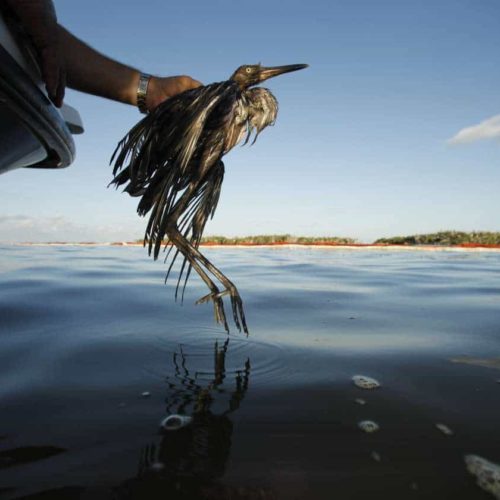Introduction
One year after the Deepwater Horizon oil spill, it is still unclear how much the federal government will pay out for damages on the Gulf Coast but the government fund is edging close to the $1 billion cap.
Once the limit is reached, federal agencies will have to scramble to cover costs and individuals and businesses still hoping to receive funds will be out of luck.
The Oil Pollution Act of 1990 created a tax-funded trust to pay for oil spill cleanup and damages. The OPA fund is responsible for immediate response efforts and situations when the responsible party cannot be identified or refuses to pay damages. The Coast Guard’s National Pollution Funds Center administers the trust, and enforces a $1 billion cap per incident.
After the Deepwater Horizon explosion, BP established a separate trust for individuals and businesses that suffered damages resulting from the oil spill. Claims rejected by the BP trust or that go unpaid for 90 days may be filed with the OPA fund.
So far, the Coast Guard has obligated $629.5 million for the OPA fund for immediate response efforts, environmental damage assessments, and payment of claims rejected by the BP fund. But as the total costs against the OPA fund increase, BP claims have surged in recent months and the OPA is still reviewing more than 100,000 claims.
The OPA fund has received over 629 claims, totaling $186 million, of which 538 were denied.
Coast Guard officials told the GAO there was “significant risk the cap could be reached in fiscal year 2011 as agencies continue to conduct significant removal activities related to the Deepwater Horizon oil spill,” according to a report by the Government Accountability Office.
“Ultimately, the federal government’s financial risk will continue to be closely linked with actions taken by the responsible parties to pay such costs,” the GAO report said. The GAO has repeatedly urged Congress to consider changing the $1 billion cap on the OPA fund.
FAST FACT: As of March 31, the BP fund paid approximately $3.7 billion on 281,308 claims and denied over 4,000 claims.
Read more in Environment
Environment
‘Green’ biomass isn’t always so clean
Toxic plumes and dust spew from an unlikely source: renewable energy plants
Environment
Court clash in Vermont might alter balance of power over nuclear plants
Case raises question of who has authority — Washington or the states?


Join the conversation
Show Comments